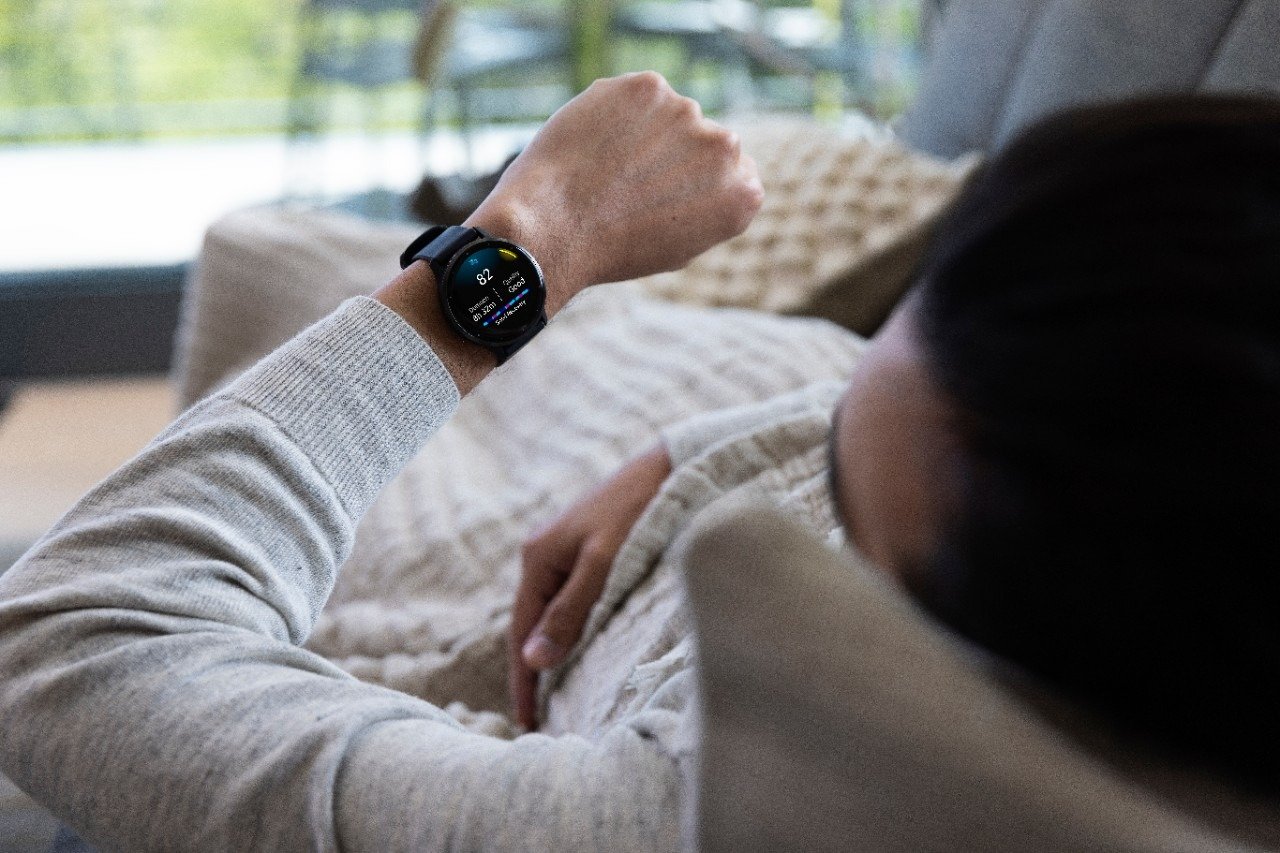
New Study Uses Garmin Wearables Data to Help Improve Mental Health Outcomes
Can technological advancements in wearable fitness and health tracking devices improve the treatment of various mental disorders? Researchers at the University of Trier in Germany recently leveraged Garmin vívosmart® 4 fitness trackers to explore whether digitally measured stress levels can help improve patient mental health outcomes and clinical decision-making.
Advances in Remote Patient Monitoring
In the German feasibility study, 7 outpatients undergoing cognitive behavioural therapy were assessed using digital phenotyping of their stress levels to enhance ecological momentary assessments (EMAs). Using the Garmin vívosmart 4 fitness tracker, researchers monitored the patients’ stress levels continuously over a 2-week period and compared the data to the patients’ behaviours and experiences during the same time period. Although additional study is needed, researchers found that such digital phenotyping may help therapists identify patients at risk for poor outcomes early in the treatment process, allowing them to adapt their clinical strategies accordingly. Researchers also recommended that monitoring patient wearable data such as sleep and activity levels may also help improve outcomes.
Digitally Enriched Results
Miriam I. Hehlmann, lead researcher for the study, states, “The results of the study demonstrate that intensive longitudinal assessments enriched by digitally measured stress levels have the potential to investigate differences in treatment change processes and their relations to treatment outcome1) … While digital phenotyping is in its infancy, this research makes it clear that real-time patient monitoring using fitness trackers, like those designed by Garmin, is able to support self-reporting to improve patient treatment and lasting health. These findings are relevant for outpatient surgeries, psychotherapists, patients and researchers alike.”
The vívosmart 4 was selected for the University of Trier study because of its health and fitness tracking capabilities and water rating, as well as reduced downtime required for recharging. In addition to recording gradual and abrupt changes in stress levels, the Garmin fitness trackers collected data on heart rate, steps, intensity minutes, calories, and sleep duration and quality.
Garmin smartwatches are not designed or intended to monitor or diagnose diseases or any medical conditions. Learn more about studies including Garmin devices on our GARMIN HEALTH THIRD-PARTY STUDIES OVERVIEW page.




